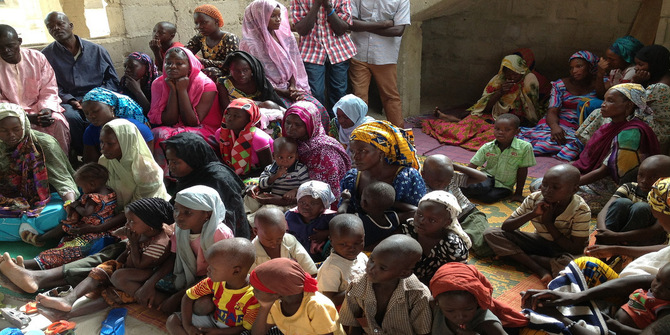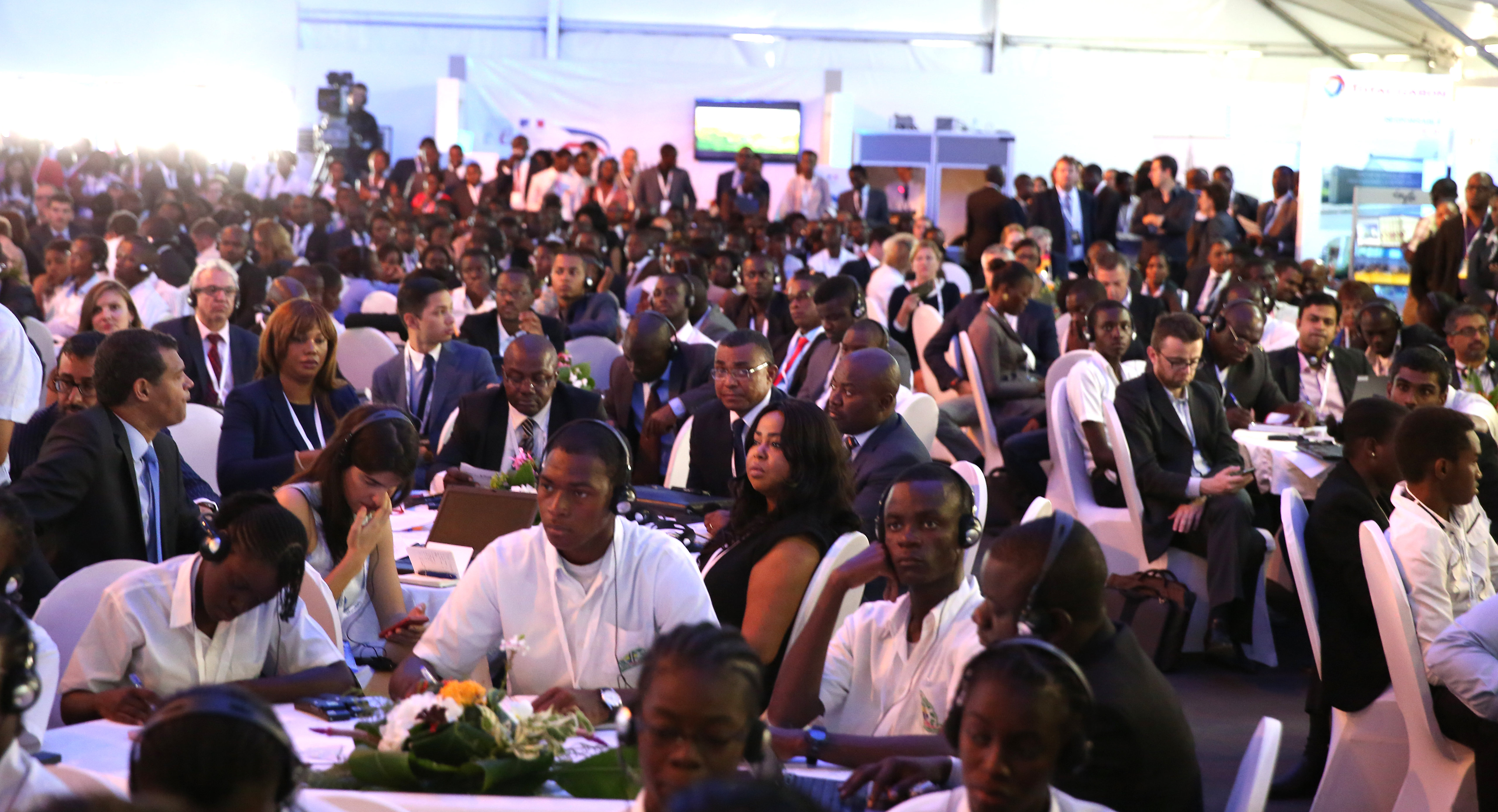Ifeoluwa Adedeji analyses the shift in notions used to refer to postcolonial states.
Rarely is the term “Third World” used in popular media and academic texts today. It is possible that that market is not completely wiped out, but it has reduced significantly in scale and frequency such as third world peoples, third world problems, third world women and the (under)development of the third world. Anyone not familiar with political science, development studies or allied disciplines may ask, what is the third world?
Originally the term “Third World” was used to refer to the group of countries who, during the Cold War, desired no part in the tussle between the United States and her non-communist allies (the first world), and the Soviet Bloc (the second world). These former colonised nations therefore chose non-alignment. After the Cold War, the term became a means for identifying and characterising impoverished countries of Latin America, Africa, and Asia that had a shared history of colonisation.

This tradition of setting markers, of categorising by location, and now by geopolitical conditions, is well established in the historiography of world relations. Gayatri Spivak, a feminist critic and postcolonial theorist, confronts this tradition in her seminal article ‘Can the Subaltern Speak?’ when she says “we must now confront the following question: on the other side of the international division of labor from socialized capital, inside and outside the circuit of the epistemic violence of imperialist law and education supplementing an earlier economic text, can the subaltern speak?” In a similar vein, Edward Said, in his 1978 study ‘Orientalism’, says the Orient “is not merely there, just as the Occident itself is not just there either…as much as the West itself, the Orient is an idea that has a history and a tradition of thought, imagery and vocabulary that have given reality and presence in and for the West.” Notions of the other, primitive, tribal, vernacular were deeply entrenched.[i]
Considerably, there has been a shift toward benign descriptions like “Global South” and “Global North,” “developed” and “developing.” In a post on National Public Radio ( NPR) titled: If You Shouldn’t Call It the Third World, What Should You Call It, the preferred term is developing countries since the focus is on what these countries lack compared to their Western Others.[ii] In the NPR article, the author says the usage seems accurate on the surface: We’re writing about countries that need to develop better health care systems, better schools, better ways to bring water and electricity to people.
At the same time, however, a social psychologist at the University of Cape Town, Shose Kessi describes the usage of the term differently, saying that it assumes a hierarchy between countries by portraying Western societies as ideal despite them having many social problems as well. It also perpetuates stereotypes about people who come from the so-called developing world as backward, lazy, ignorant, irresponsible.”[iii] Kessi continued, “In my view, the developed-developing relationship in many ways replaces the coloniser-colonised relationship.
Along with the developing-developed fashion came terms like Africa Rising, Emerging Africa, The Last Frontier. Kingsley Chiedu Moghalu’s 2013 book Emerging Africa: How the Global Economy’s Last Frontier Can Prosper and Matter mentions that Africa lacks a worldview and it is this absence that explains why Africa is poor.
A careful tracing of the development of these terms reveals a postmodern transformation. The language today is not so much of primitive, barbaric peoples that overtly characterised earlier efforts and discourses, but rather of a sense of collaboration and brotherhood of the nations, of an authorising signature of the Western ideological and political project of humanism: an attempt to grab the economic potentials of vast areas of land waiting for an investment boom. Africa wants to develop along the lines of the path mapped out by foreign financial institutions, aid donors, and modernising voices.
Indeed, great caution should be taken in joining the debate over what terms or categories should be used in identifying countries and regions. In Washington, Nigeria’s Finance Minister, Kemi Adeosun accused western powers of being a stumbling block to Nigeria’s plan to improve power. One may wonder, why not go ahead and do what you need to do to grow? It is not as simple as that. There are consequences for going against the superpowers and against ‘common interests’ for which they have rallied support. Africa is trapped in a dependency relationship and this has happened over a long time by design.
To be clear, development in Africa will not be without sacrifices. After all, the West developed using that route. While dichlorodiphenyltrichloroehane (DDT) was used in the United States for malaria eradication in the twentieth century, there is an ongoing controversy over its use in malaria eradication in Africa as indicated by a 2013 Premium Times article. To avoid that route will mean a search for alternative development paths and to critically analyse and challenge the development agenda of those who craft and dictate it.
If we believe that African leaders are no less capable than their counterparts from other parts of the world, why then have African leaders made the choice of poverty? This may be a better way to make sense of Greg Mills’ contribution in his book Why Africa is Poor? And What Africans Can Do About It that “the main reasons why Africa’s people are poor is because their leaders have made this choice” – in the hope that deeper thought will be given to the positionality of agency in the development discourse, beyond taking ‘choice’ for granted.
Ifeoluwa Adedeji (@TheIfeAdedeji) is a masters student and research assistant in African Studies at the Centre for International Studies, Ohio University, USA.
[i] Elsewhere, I mentioned the colonial displacement of indigenous languages through violence)
[ii] I use Other to refer to the West along the lines of Oyeronke Oyewumi’s note in Alice in Wonderland: Reading Alice Walker on Africa and Screening the Color ‘Black’ that “in the United States, projecting “black” as a marginalised category of otherness in relation to “whiteness,” which is taken as the norm may be unavoidable. In most parts of Africa, black is the norm, white is the mark of otherness.”
[iii] This links to Oyeronke Oyewumi’s argument about the once dominant image of the African woman as “beast of burden” that “the belabored image of the overworked African woman complements the image of African men as lazy and indolent in traditional Africanist discourse.”
The views expressed in this post are those of the author and in no way reflect those of the Africa at LSE blog or the London School of Economics and Political Science.






Great analysis!